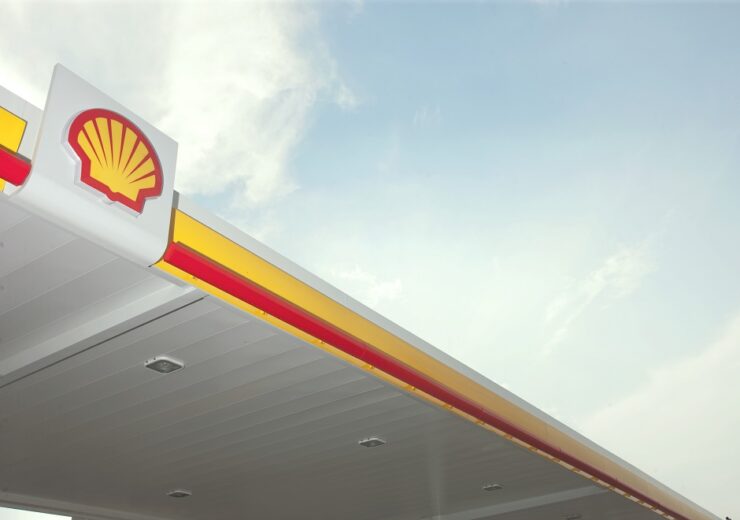Adjusted for accounting charges, the oil company posted full-year profits totalling $4.8bn, still reflecting a 71% year-on-year decline

Shell has launched a low-carbon shift targeting net-zero emissions by 2050 (Credit: Photographic Services, Shell International Limited)
Royal Dutch Shell reported a $21.7bn full-year loss for 2020, continuing a series of gloomy financial updates this week from the world’s biggest oil producers.
BP, Exxon and Chevron have all posted hefty losses for the 12-month period, one in which the effects of the pandemic weighed heavily on oil demand and prices, and forced Big Oil into aggressive cost-cutting mode.
The earnings result, driven largely by impairment charges taken in the second quarter to reflect a long-term downgrade in commodity-price outlook, compares to profits of $15.9bn in the previous year.
Adjusted to take into account the charges, the Anglo-Dutch company posted full-year profits totalling $4.8bn, still reflecting a 71% year-on-year decline.
In the fourth quarter, adjusted earnings stood at $393m, down 87% from $2.9bn a year earlier.
“2020 was an extraordinary year,” said Shell chief executive Ben van Buerden. “We have taken tough but decisive actions and demonstrated highly resilient operational delivery while caring for our people, customers and communities.
“We are coming out of 2020 with a stronger balance sheet, ready to accelerate our strategy and make the future of energy.”
Shell plans dividend raise despite loss-making 2020
Despite the earnings drop, Shell has elected to raise its dividend for the first quarter of 2021 by around 4% to 17.35 cents per share. Early in 2020, it cut its dividend for the first-time since World War Two by 66% amid the worst of the market downturn, later raising it by 4% to 16.65 cents per share.
“We are committed to our progressive dividend policy,” said van Buerden.
Like other European oil majors, Shell has launched a strategic low-carbon shift as it seeks to redefine itself in the ongoing energy transition. Further details of how it plans to achieve net-zero emissions by 2050 are expected at a strategy day next week.
The company reduced capital spending to $18bn throughout 2020 in response to the financial constraints of the pandemic. That compares to $24bn in spending during 2019. Operational costs were cut by $4bn.
In September, Shell confirmed plans to cut around 9,000 jobs by the end of 2022 as it seeks to streamline the business for the upcoming pivot to low-carbon.
Net debt was reduced by $4bn over the year to $75.4bn, although included a $1.9bn increase between the third and fourth quarters due to lower free cash flow. The company is aiming to reduce its debt to $65bn, a level that will allow it to restart a $25bn share buyback programme that was suspended back in March.
